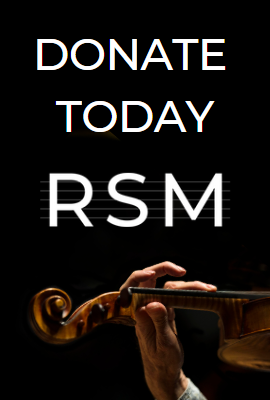RSM People: Clare McCaldin
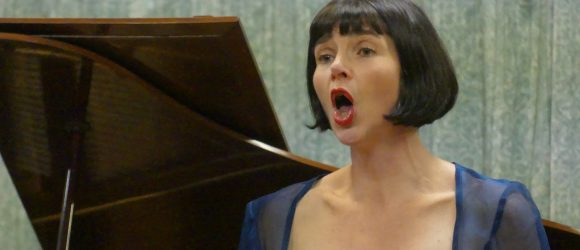
RSM Vice-Chairman Clare McCaldin discusses her circuitous route to becoming a performer, how she juggles her busy career as a mezzo soprano with her commitments at the Society, and the importance of helping fellow musicians in need.
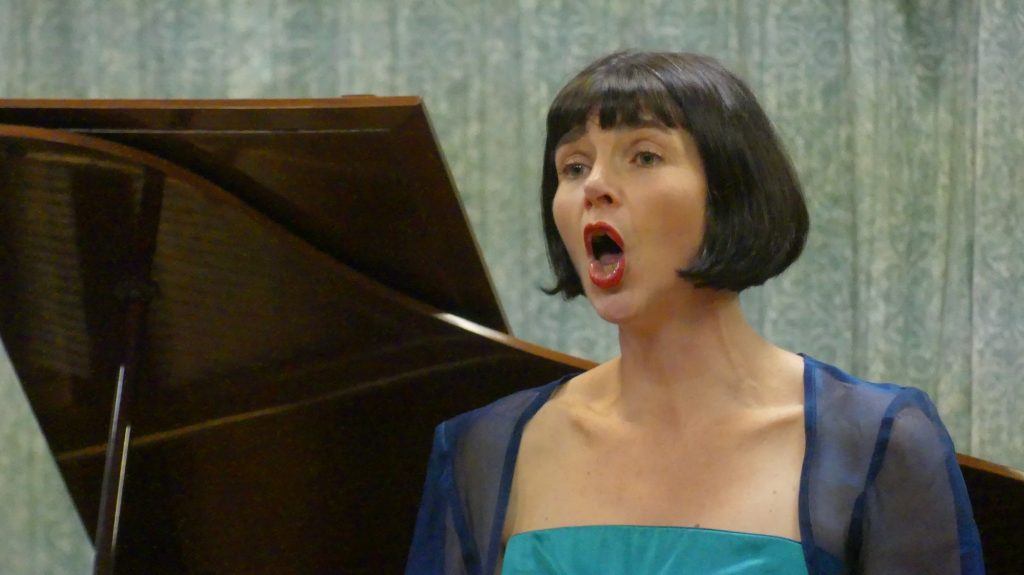
How old were you when you first became interested in music, and what made you decide to take up singing?
I grew up in a musical family. For 30 years, my dad was Director of Lancaster University’s Music Department, which included running a substantial concert series. This meant the house was full of music and musicians and I got to attend a large number of really amazing concerts. The alternating Chairs of the concert series were Janet Baker and Paul Tortelier, both of whom stayed with us regularly, and it was a formative experience to encounter musicians of that quality early on in my life. My brother and I both sang and played instruments, and we really enjoyed it.
I had my first experience of more professional music-making at university, as a member of an Oxbridge Chapel choir, touring and recording. That introduced me to what the life of a musician might really be like.
However, my degree was in languages and art history and I didn’t do any singing for about five years after graduation. Then I dipped my toe back into it in my late 20s. At that point, I had a Damascene moment where I asked myself why I wasn’t prioritising the thing I realised meant more to me than anything else. That was a big question for me to suddenly have to answer.
At the point where I decided I needed some proper training, no music college would touch me, so I had to decide to train myself. I got a teacher and continued my day job alongside the training. Gradually there was a cross-fade, especially after I got into some really key singing ensembles; the extra choruses at the Royal Opera House and ENO, London Voices, and the extras for the BBC Singers. I gradually got more varied musical work and needed less and less of the non-musical work. I was – and still am – a typical London musician putting together a patchwork of different types of musical activity. It’s a portfolio life!
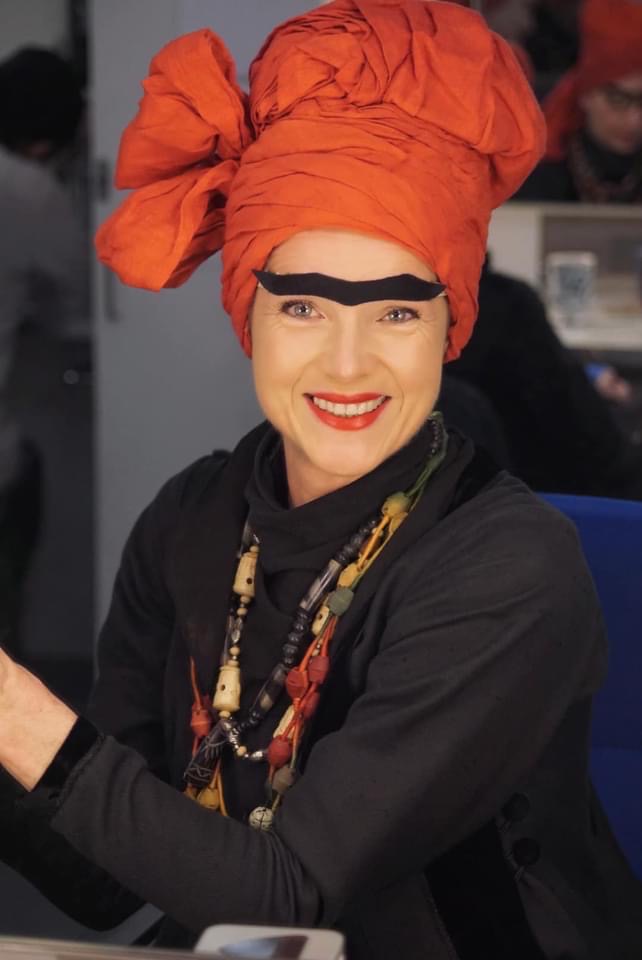
Where does McCaldin Arts fit in?
Having started pretty late, it was clear I wasn’t going to have a career principally as a soloist, but I love the dramatic potential of singing, so it was something I was really interested in exploring on-stage. I decided the best way to do it was to make my own work, that’s why I created McCaldin Arts. So far, I have made three fully-staged shows, all of which have newly-commissioned scores: two from Stephen McNeff (about Mary Shelley and Vivienne Haigh-Wood, the first wife of TS Eliot) and one from Martin Bussey (about Queen Mary I).
I also researched and wrote a simpler kind of solo show, more akin to a lecture recital, using existing repertoire. One was about Haydn’s visits to London in the 1790s, his many lady friends and their contribution to his music. I’ve also done one about Elisabeth Schumann, a very important lieder singer; and Jessie Matthews; a musical theatre superstar of the 1920s and 30s; by some bizarre chance, they are buried in the same graveyard in West London. They probably never met, but at one point they were starring in shows two blocks from one another in Covent Garden.
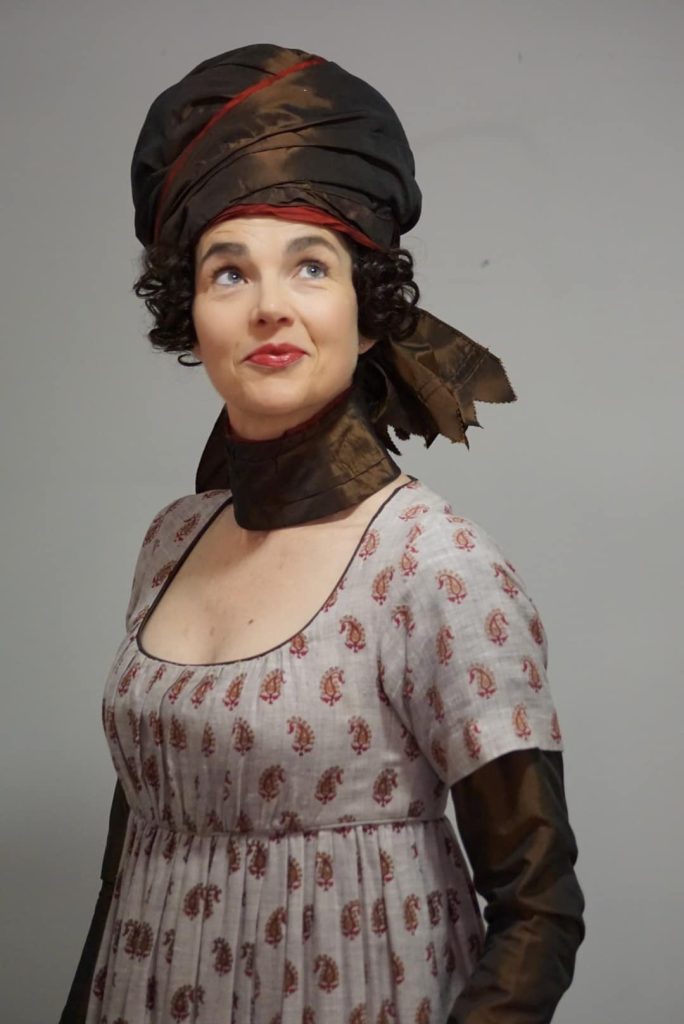
How important is it to help fellow musicians in their time of need and make sure the profession is properly cared for?
It has always been important because you’re a very lucky musician if you’re a high earning musician. I think it’s incredibly necessary to have a support structure that helps those people who have hit a rough patch.
I can’t speak for non-singers, but as a singer, my work includes enormous questions about identity. If I’m ill and can’t sing, that cuts to the very heart of who I am. It can be very challenging, even for the most psychologically robust individual, to find themselves unable to perform or to even make a sound. Support in that respect is incredibly important, not just in the financial sense, but also a sense of being heard and supported by an organisation that is sympathetic to that. The fact that RSM members are musicians who can share experiences is also really important.
How do you juggle your commitments at RSM with your professional activities? Does your work as Vice-Chairman still allow you to enjoy a fruitful singing career?
There’s a saying isn’t there?; if you want something doing, ask a busy person. I always have incredible amount of stuff on my plate, but I make it work. I see my role at RSM as part of professional musical life and I prioritise it, along with my singing. I’m incredibly fortunate that even if some work, such as the Royal Opera House, doesn’t really move around, other activities are more flexible, and I’m mostly able to fit everything in. It’s a juggling act, and the RSM is really important. It’s such a privilege to be a part of an organisation where you can see the difference you’re making to people. It’s so direct, the link between decisions we make, and the results we see. That makes it very worthwhile. People just need a helping hand through a difficult time. Musicians are very proud people, they don’t want to hold their hand out, so if we can just help them cross a difficult patch, most of them won’t need our help in the longer term.
You can find out more about Clare’s work by visiting www.claremccaldin.com and www.mccaldinarts.com. She will be performing with the Brodsky Quartet (Dante Festival in July) and in evenings dedicated to Cole Porter (Thaxted Festival in June) and Stephen Sondheim (Cowbridge Festival in September), as well as in Aida, Il Trovatore and Don Carlo at the Royal Opera House.
If you or anyone you know in the music profession might need our help, please point them to us at [email protected] or 020 7629 6137.



